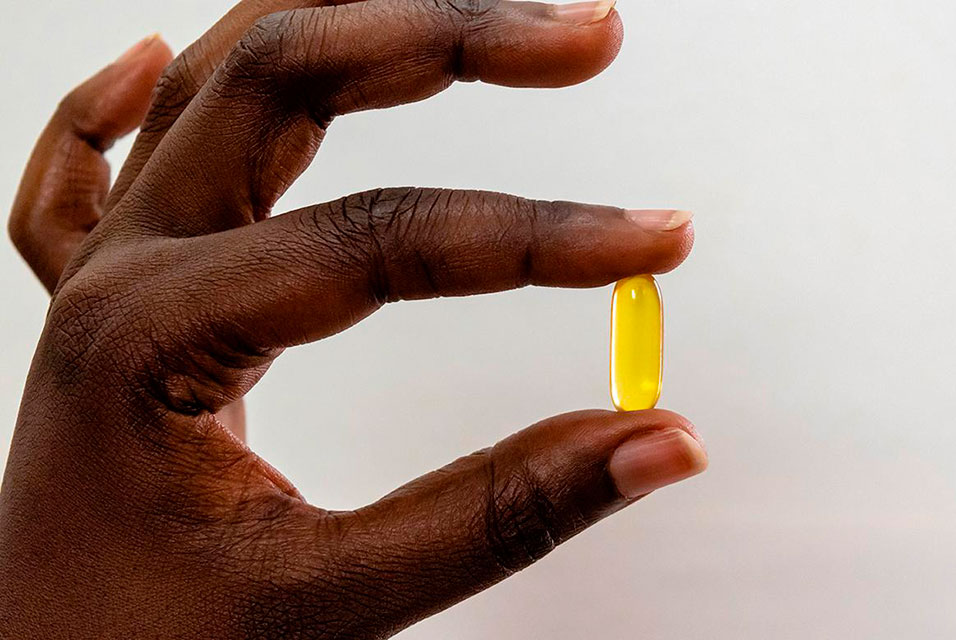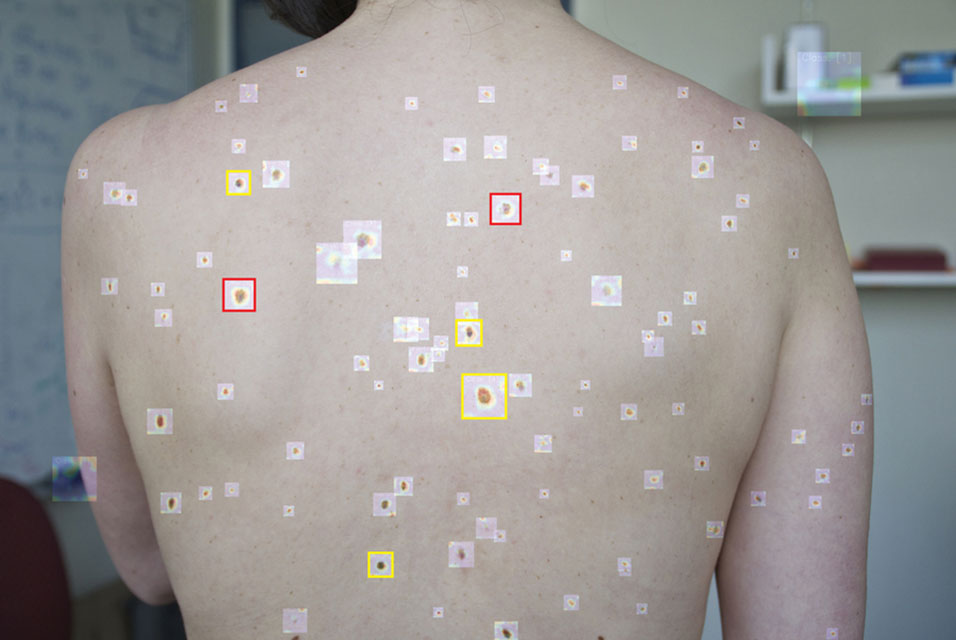CHICAGO, IL.- A new research study at the
University of Chicago Medicine has found that when it comes to COVID-19, having vitamin D levels above those traditionally considered sufficient may lower the risk of infection for Black people.
The study, published March 19 in JAMA Open Network, retrospectively examined the relationship between vitamin D levels and likelihood of testing positive for COVID-19. The authors found that Black individuals who had higher levels of vitamin D were significantly less likely to test positive for COVID-19, compared to those people who had merely “sufficient” levels of vitamin D.
They did not find a statistically significant association of vitamin D levels with COVID-19 risk in white people.
The research team is now recruiting participants for two separate clinical trials testing the efficacy of vitamin D supplements for preventing COVID-19.
This research is an expansion of an earlier study showing that a vitamin D deficiency (less than 20 ng/ml) may raise the risk of testing positive for COVID-19. A separate study recently found that over 80% of patients diagnosed with COVID-19 were vitamin D deficient.
“These new results tell us that having vitamin D levels above those normally considered sufficient is associated with decreased risk of testing positive for COVID-19, at least in Black individuals,” said David Meltzer, chief of hospital medicine at UChicago Medicine and lead author of the study. “This supports arguments for designing clinical trials that can test whether or not vitamin D may be a viable intervention to lower the risk of the disease, especially in persons of color.”
One of the challenges of this research is that it is currently difficult to determine exactly how vitamin D may be supporting immune function.
“This is an observational study,” said Meltzer, the Fanny L. Pritzker Professor of Medicine. “We can see that there’s an association between vitamin D levels and likelihood of a COVID-19 diagnosis, but we don’t know exactly why that is, or whether these results are due to the vitamin D directly or other related biological factors.”
An expert on the cost and quality of hospital care, Meltzer was inspired to investigate this topic after seeing an article in early 2020 about people with vitamin D deficiency. Such individuals who had randomly been assigned to receive vitamin D supplementation had much lower rates of viral respiratory infections compared to those who did not receive supplementation, article found. Meltzer decided to examine data being collected at UChicago Medicine on COVID-19 to determine the role that vitamin D levels might be playing.
The new study looked at data from over 3,000 patients at UChicago Medicine who had had their vitamin D levels tested within 14 days before a COVID-19 test. While levels of 30 ng/ml or more are usually considered “sufficient,” the authors found that Black individuals who had levels of 30 to 40 ng/ml had a 2.64 times higher risk of testing positive for COVID-19 than people with levels of 40 ng/ml or greater.
"We can see that there’s an association between vitamin D levels and likelihood of a COVID-19 diagnosis, but we don’t know exactly why that is.” —Prof. David Meltzer
“There’s a lot of literature on vitamin D,” Meltzer explained. “Most of it has been focused on bone health, which is where the current standards for sufficient vitamin D levels come from.
“But there’s also some evidence that vitamin D might improve immune function and decrease inflammation. So far, the data has been relatively inconclusive. Based on these results, we think that earlier studies may have given doses that were too low to have much of an effect on the immune system, even if they were sufficient for bone health. It may be that different levels of vitamin D are adequate for different functions.”
Vitamin D can be obtained through diet or supplements, or produced by the body in response to exposure of the skin to sunlight. Meltzer noted that most individuals, especially people with darker skin, have lower levels of vitamin D; roughly half of the world’s population has levels below 30ng/ml. “Lifeguards, surfers—those are the kinds of folks who tend to have more than sufficient vitamin D levels,” he said. “Most folks living in Chicago in the winter are going to have levels that are well below that.”
While vitamin D supplements are relatively safe to take, excessive consumption of vitamin D supplements is associated with hypercalcemia, a condition in which calcium builds up in the blood stream and causes nausea, vomiting, weakness, and frequent urination. Currently, the adult recommended dietary allowance for vitamin D is 600 to 800 international units (IUs) per day; the National Academy of Medicine has said that taking up to 4,000 IUs per day is safe for the vast majority of people. The risk of hypercalcemia increases at levels over 10,000 IUs per day.
Prompted by the evidence that people with vitamin D deficiency are more likely to test positive for COVID-19 and experience significant symptoms, a team at the University of Chicago and Rush University is conducting two studies to learn whether taking a daily vitamin D supplement can help prevent COVID-19 or decrease the severity of its symptoms. Individuals who would like to learn more about the study and determine their eligibility can learn more at the Center for Health and Social Sciences website.
The study was also authored by Thomas J. Best, Hui Zhang, Tamara Vokes, Vineet M. Arora and Julian Solway, all of the University of Chicago.
Funding: Learning Health Care System Core of the University of Chicago, Rush University Institute for Translational Medicine Clinical and Translational Science, African American Cardiovascular Pharmacogenetic Consortium.










